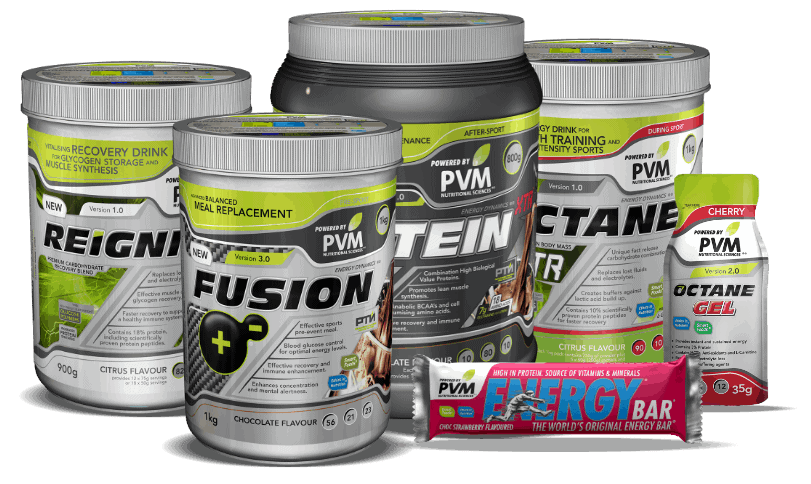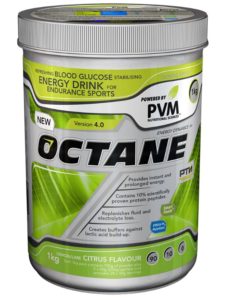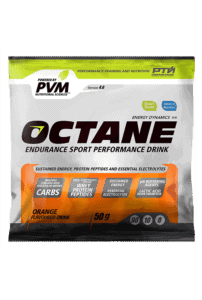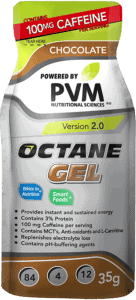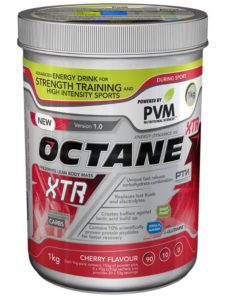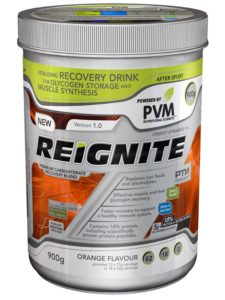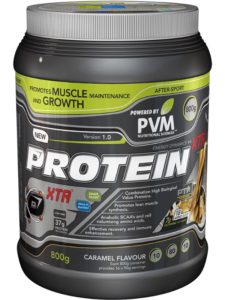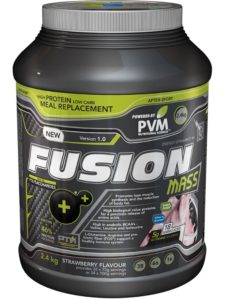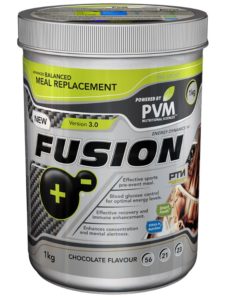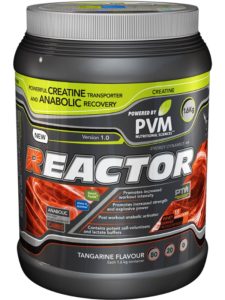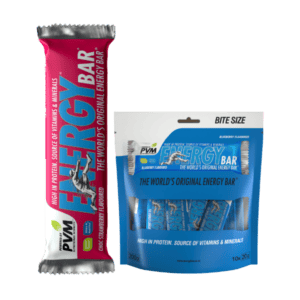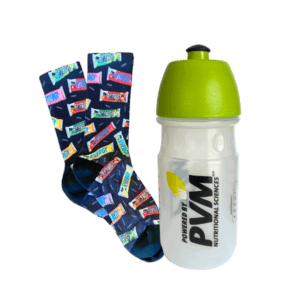Exercise and training are important to improve general health and athletic performance. Professional athletes understand that they must be fit for purpose, therefore they have to engage in specific and deliberate training during preparation for competition. Changes occur in the human body in response to specific training strategies, allowing athletes to become bigger, faster stronger, fitter, etc. These changes are collectively referred to as adaptations. A sound nutrition recovery protocol enhances training adaptations and ensures optimal performance during subsequent training bouts. Optimal recovery after training and whilst competing is, therefore, critical for peak performance.
Recovery can last anywhere from 24 – 48 hours after exercise (and in some cases even longer) depending on the type, intensity, and duration of the training session. Various windows of opportunity exist during the immediate, extended, and prolonged recovery phases because of specific physiological and metabolic requirements. The immediate recovery phase occurs within the first hour after training, whereas the prolonged recovery phase is 1 – 4 hours post-training. Extended recovery occurs > 4 hours after training and is prioritised specifically during deep sleep.
Muscle glycogen synthesis and muscle repair continue during the prolonged recovery phase. Optimal recovery during the immediate recovery phase can be reinforced during the prolonged recovery phase by the following nutritional strategies:
- Consume 0.7 – 1.0 g/kg (body mass)/h carbohydrates and 0.2 – 0.5g/kg (body mass)/h protein to continue glycogen replenishment and muscle repair. This can be achieved with a meal/snack or supplementation.
- Preferably choose a good quality protein to aid with muscle repair. Good quality proteins contain the 9 essential amino acids that cannot be synthesised by the body therefore dietary intake is essential. Good quality proteins include animal-derived protein sources like dairy, eggs, beef, chicken and fish.
- Take note that adequate energy availability is required to optimise glycogen storage from a given amount of CHO. Focus on consuming enough food throughout the day.
- Avoid excessive alcohol intake after exercise. Excessive alcohol inhibits glycogen storage.
